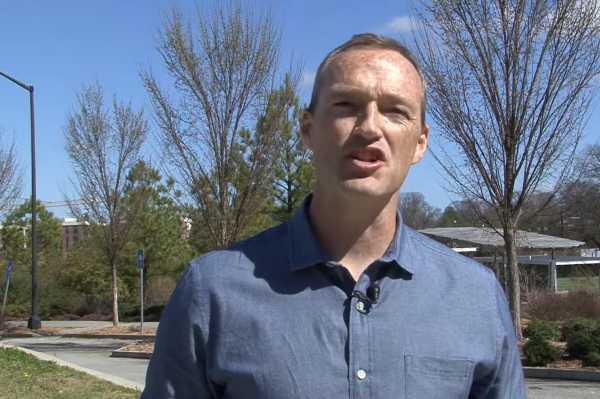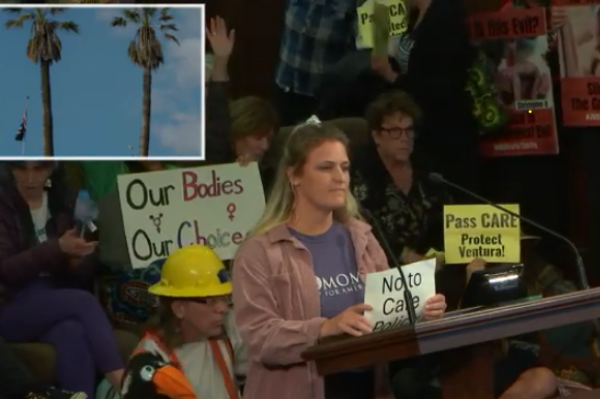Economists were wrong, swords into plowshares are good for prosperity

The Bible speaks positively about peace. In fact, one of the blessings promised by the prophet Isaiah is that the nation (in this case Israel) will be able to beat “your swords into plowshares." We see encapsulated in that one phrase more economic wisdom that the entire economist professional consensus showed after the end of the two great World Wars. When peace is abroad, resources are not destroyed, they are reshaped (beaten into) peaceful and productive enterprise. Of course nations must defend themselves, but such defense is economically a necessary evil. War is not good for the economy and peace is not bad for it.
Today most Americans believe the false story of how WWII brought America out of the Great Depression, which by default implies the government’s Central Planning efforts was the key to this success. This success carried forward during the post-war years even though the data points to the contrary. For example:
…military activity peaked in the second quarter of 1945. From that time to the trough of the mild downturn in the first quarter of 1946, government purchases of goods and services fell an extraordinary 67.5 percent, or $65.7 billion. Over the same period, consumption spending rose but $14 billion, barely 20 percent of the fall in government spending. Whatever the merits of the “pent-up” demand argument, there was only a modest increase in consumption during the critical period of demobilization and reconversion… the increases in demand fell about $20 billion short of decline in government spending, leading money GNP to fall a rather sharp 10 percent.
The Great Depression of 1946
By the end of the first quarter of 1946, the process of reconversion was largely competed. Nearly seven million persons had left the armed forces, and government spending had fallen well over 90 percent of the way from the wartime peak to what would be the postwar low in 1947.
As the nation moved from a radically expansionary to a contractionary fiscal policy in less than a year… Yet the rate of unemployment “peaked” at a rate low by historical norms, below the average of the prosperous 1920s, or the 1950s. Unemployment was low, long before any “pent up demand” had an opportunity to play a role. Automobile production was still depressed in early 1946, and expenditures on other major consumer goods were still well below normal peacetime, much less abnormal high levels.
While the Gross National Product, GNP, did slightly decrease from 1945 to 1946, it was only by $2.9 billion – a slight 1.4 percent drop, but by 1947 the GNP increased to over $234 billion – an increase of $23.6 billion or a 10.1 percent increase from 1945. This data illustrates how when the United States relies on the Individual – the citizenry and their exceptionalism – America prospers. This is directly related to the liberty in the heart of man and gifted to him by God – and a total rejection of both collectivism and reliance on government. It is about the Original Intent. It is also evidence that it is consistent with a “distinctly non-Keynesian interpretation:”
The evidence shows that aggregate demand rose too little and too late to explain the low unemployment that prevailed in the first two years after V-J Day, the period in which demobilization was completed. What did happen was that labor markets, partially constrained by non-price factors in the wartime period, were allowed to function in a manner that prevented a serious decline. Labor supply abruptly fell, but in addition real wages, adjusted for productivity change, also fell, preventing a massive rise in unemployment.
Rising wealth associated with the high returns on capital led to increased consumption that ultimately lead to a durable goods explosion – but one that took place long after reconversion had occurred without any major unemployment.
Despite the doomsday predictions of economists, journalists, and interventionist legislators the economy recovered with rapid speed. Domestic investment surged from $13.4 billion in 1945 to $39 billion in 1946 (2009 dollars), rationing ended and business begin risking their capital by expanding, consumers were saving more and spending more, the Dow Jones shot from 165 to 212. In essence Say’s Law was in full application – that is, production leads consumption.
Producers invested and produced thereby encouraging Americans to spend (and save) significantly more. All this economic activity also resulted in reaching 60 million jobs, which was a raise from 39 million to 55 million in a short period. Additionally, the increase in corporate investment and the increase of civilian jobs also soared revenue into the Treasury Department to a record $43.3 billion, despite the dire predictions of the Keynesian nay-sayers; putting the U.S. on its way to a balanced budget. The free market and Say’s Law polished the war-reddened country into a gleaming city – a Shining City Upon a Hill, which is, of course, not just a quote from Reagan, but comes to him through the Puritan leader John Winthrop who got if from Jesus in the Sermon on the Mount. The blessing of the shining city includes not only righteousness, but also peace and economic flourishing.
Jim Huntzinger is the President and Founder of Lean Frontiers, Inc., which develops knowledge and learning communities on the Lean Enterprise for business and industry. With a background and experience in manufacturing and operations, he has also extensively researched the history and development of American manufacturing and also published several books on the lean business model, manufacturing history, and economics.






















